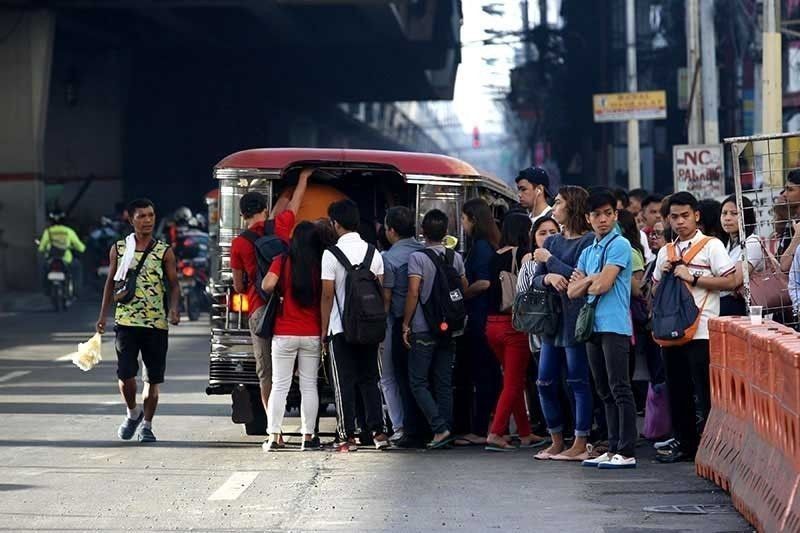KLIMA PROJECT
FNF and Alt Mobility pushes for the passage of Commuter Bill of Rights

Filipino commuters during the rush hour.
© Philippine StarIn collaboration with AltMobility Philippines, the Friedrich Naumann Foundation (FNF)-Philippines co-authored a legal research paper titled “Commuters Naman!” in support of the Magna Carta for Dignified Commute, simply known as the Commuter Bill of Rights. The bill seeks to enumerate and uphold commuters' rights to safe, accessible, and sustainable mobility through a shift to more equitable transportation planning and policymaking which recognizes the necessity and importance of mobility in the lives of the Filipino commuting public.
This initiative, published in 2021, showcases support for the passage of the legislation, alongside other proposed bills that aim to streamline the responsibilities of transport agencies and establish an independent body for transport safety and security, which includes the Right-of-Way Act, the National Transport Policy Act, the Safe Pathways Network Act, and the Philippine Bicycle Act, all of which are currently awaiting approval in Congress.
One of the main advocacies of FNF Philippines is the championing of climate-related projects which focuses on helping local transport initiatives that contribute to the realization of a people-centric mobility system, and ultimately, to building sustainable smart cities. Promoting alternative modes of transport and identifying efficient transport infrastructure that integrates technology are central in the efforts to achieve smart mobility.
In the paper, the provisions of the Commuter Bill of Rights such as codification of commuters’ rights, provision of grievance and feedback mechanisms from commuters, citizen’s participation, and promotion and protection of commuters ’health and safety were highlighted. The introduction of the general principles of mobility and the justification of the need for a Magna Carta for commuters ’rights were also mentioned.
Additionally, the paper evaluates existing Philippine laws concerning commuter concerns and rights and identified gaps and institutional challenges that persist due to the absence of laws directly addressing these issues.
Studies cited in the paper reveal that Filipinos spend about 16 days a year stuck in traffic, costing them about 100,000 Philippine pesos a year in lost income. There is also a cost of lost productivity at about 3.5 billion pesos a day. These findings only showcases the looming problem and the urgent need for effective solutions in order to achieve a commuter-centric transportation system.
For the full content of the legal research paper, click here.
